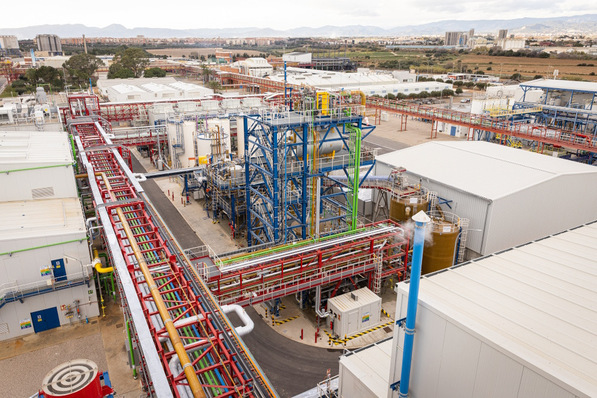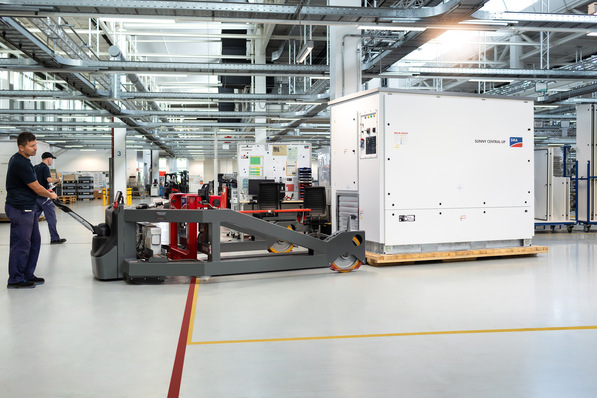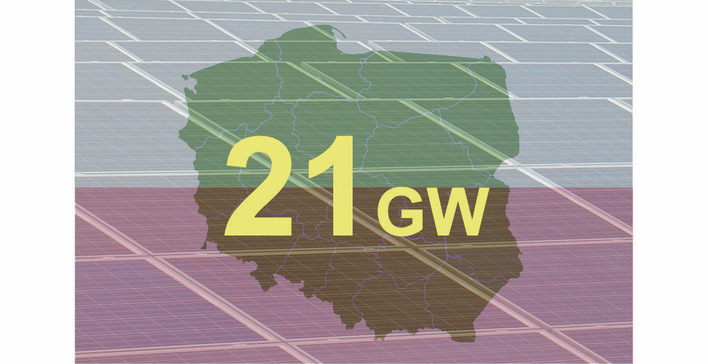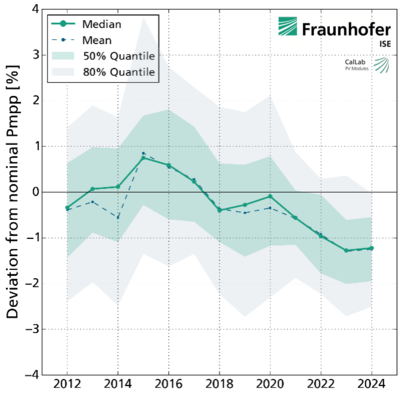According to the company Solitek is net-zero, offsetting emissions not only of the manufacturing facility, but of the entire company, due to their own PV system on the roof. In 2022, Solitek generated 0.04 kg/kW CO2 and offset a total of 26,650 kg/kW CO2.
Emissions of 0.04 kg/kW
“With emissions around 400 times lower than the World’s top 5 PV module producers, Solitek provides a solid contribution towards the EU goal of creating an economy with net-zero greenhouse gas emissions by 2050. For comparison: Solitek emissions amount to 0.04 kg/kW, then for the other 5 major companies, it is 16.5 kg/kW of carbon dioxide”, the company announced.
Did you miss that? Longi: PV plant with 90% less CO2 emissions
“This achievement is made possible by Solitek exclusively relying on renewable energy sources for its operations: using geothermal power for heating and cooling combined with the 200 kW PV system on the roof and renewable electricity from the grid. Solitek does not own any conventional cars, except for one diesel-based forklift, responsible for all the carbon emissions of the company, but still at the low rate of 0.04 kg/kW CO2. All other forklifts in the fleet are electric, minimizing emissions”, the company stated.
Reducing dependancy on fossil fuels
Despite the growth of sustainable technologies in recent years, carbon emissions continue to increase, and calls for governments, companies, organizations, and individuals to bolster commitments to reach net-zero emissions are becoming increasingly widespread. Transitioning to net-zero often involves improving energy efficiency and adopting renewable energy sources
By optimizing energy use and reducing dependancy on fossil fuels, individuals and organizations can save on energy costs in the long run. Energy-efficient practices can also lead to improved productivity and operational efficiency.
Lowering emissions in the supply chain
“Solitek is not only doing its fair share by manufacturing in a net-positive way, but also contributes to lowering Scope 3 emissions, occurring in the supply chain (e.g., choosing biofuel for transportation). That way, Solitek minimizes the overall carbon footprint for its clients, which can improve their reputation and market competitiveness, and stay ahead of regulatory requirements”, the company declared.
Also interesting: Resilience of supply chains as Achilles' heel
Presently, the company has two production facilities in Lithuania, with capacities of 250 MW for solar panels and 200 MW for batteries. Looking ahead, Solitek has announced its plans to expand operations with the establishment of another solar modules and batteries power plant in Italy in 2025. (hcn)








